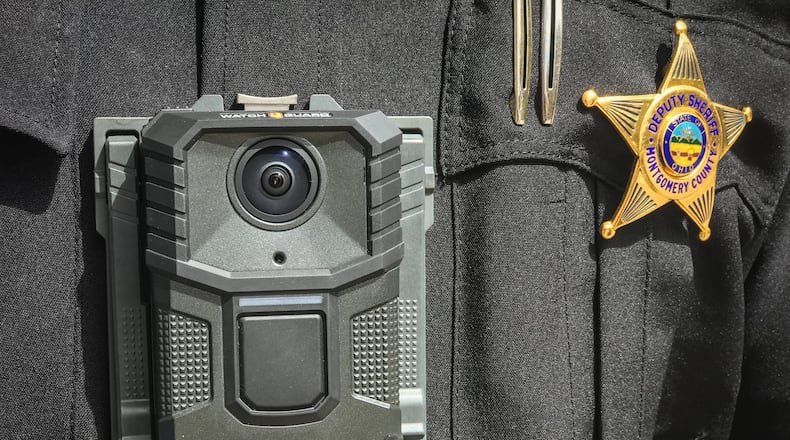In 2019, a law went into effect to regulate what should be redacted from body-worn camera footage. The exemptions include:
• Dead bodies or grievously injured bodies, unless the death or injury was caused by an officer or the decedent’s executor consents to its release;
• An act of severe violence against a person, unless the violence was done by a peace officer or the injured person’s consent is obtained;
• Nude bodies, unless consent is obtained;
• Identifying information about alleged victims of sex offenses, stalking or domestic violence;
• Personal information about someone who is not arrested, ticketed, charged or issued a warning by police;
• The interior of a residence or private business, unless it is the location of an adversarial encounter with, or a use of force by, a police officer.
To accommodate the need for redactions and to ensure the sheriff’s office is following the law, Montgomery County Sheriff Rob Streck told the Dayton Daily News he is creating a public records department that will handle the requests.
The Dayton Police Department plans to implement body-worn cameras by mid-May. That footage will also be subject to Ohio public records laws.
About the Author

